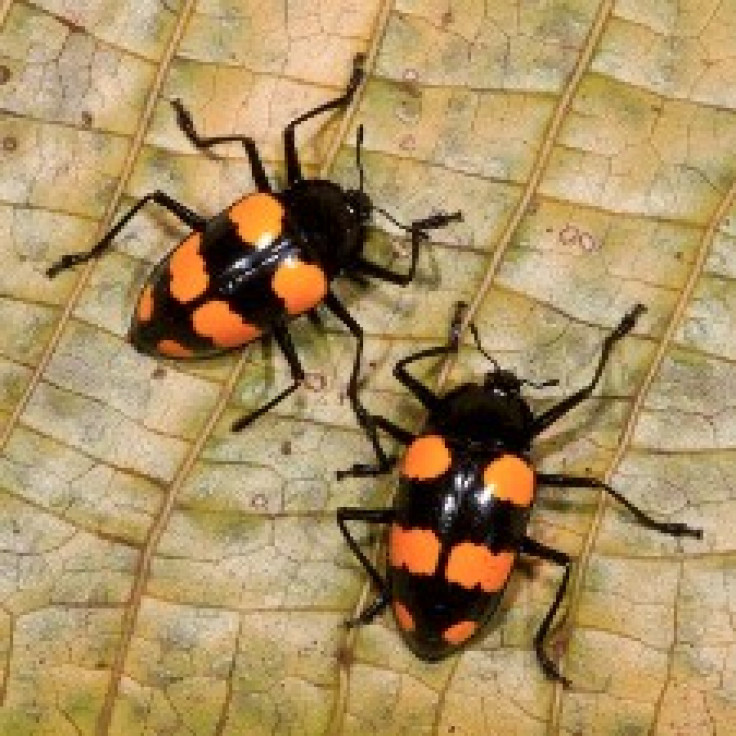Are Bugs Gay? Spiders And Insects Engage In Accidental Homosexuality

According to new research, insects that engage in homosexual behavior are “not gay, just confused.” The new study suggests insects and spiders engage in such practices because the bugs are in too much of a hurry to bother double checking the gender of their potential mating partner.
The research from Inon Scharf, from Tel Aviv University, and Oliver Martin, from ETH Zurich, is an attempt to clear up some confusion about a commonly observed behavior that, for insects, does not make much sense. As the researchers explain, mating has some serious disadvantages, in terms of energy spent as well as potential vulnerability to predators, and homosexual behavior, such as courting and mounting, would have the same disadvantages, such as injury, with no evolutionary upside as the insects would not be able to pass on their genes.
Rather than lose out on a chance to reproduce, insects make mistakes, say the researchers. “The cost of taking the time to identify the gender of mates or the cost of hesitation appears to be greater than the cost of making some mistakes,” said Scharf in a statement.
Homosexual behavior can be advantageous for some animals, including birds, as it can lead to group development and practice, but the researchers wanted to see if some of the theories explaining insect homosexuality were accurate. The researchers say that some of the proposed theories include homosexual practices to thwart predators or confuse potential suitors, but upon studying 110 species of insects and spiders, these theories were quickly ruled out.
While 85 percent of the insect species engaged in homosexual behavior, the researchers discovered this practice was due to confusion. Many male insects carry the scent of the female they just mated with, and the scent would attract other males. Other evidence, such as mating with related species, helped confirme the conclusions of the researchers.
While insects have not evolved to be more discriminate, the behavior could be linked to other traits, with Scharf explaining, "Homosexual behavior may be genomically linked to being more active, a better forager, or a better competitor." Further research could determine possible factors that would increase the possibility of homosexual behavior. The research was published in the journal Behavioral Ecology and Sociobiology.
© Copyright IBTimes 2024. All rights reserved.












